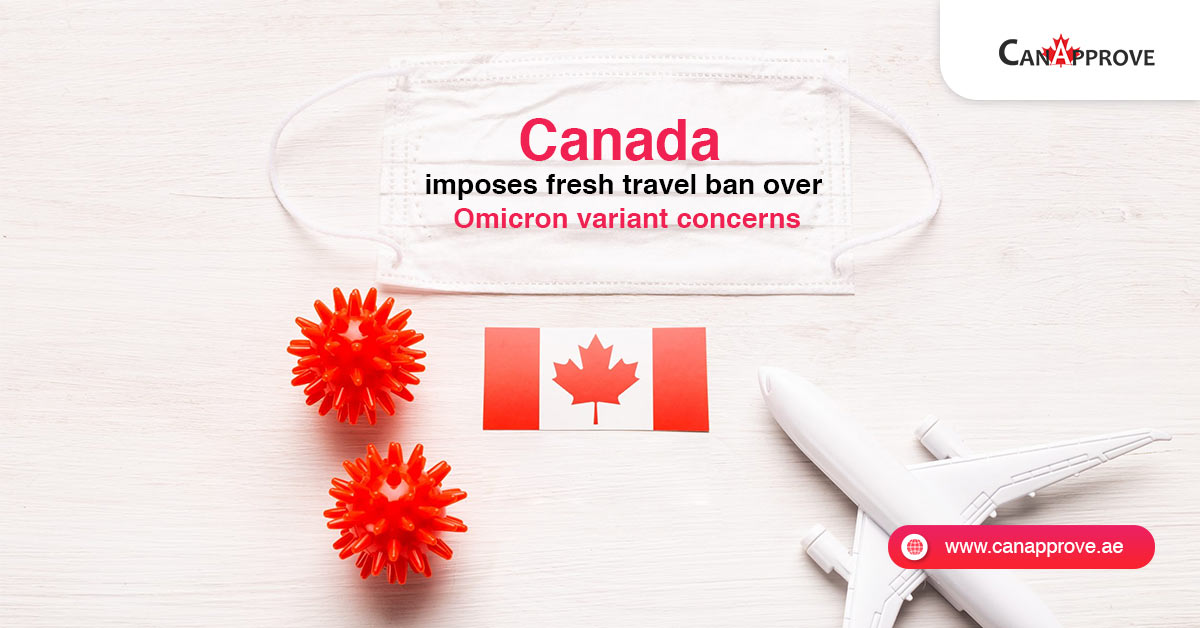The world is on close watch as a new COVID-19 variant named Omicron has surfaced. Two days following the discovery of the new variant, the Canadian government on November 26h announced fresh border restrictions for travellers from select African countries including South Africa, Eswatini, Lesotho, Botswana, Zimbabwe, Mozambique and Namibia.
The early afternoon of November 30 saw Canada add more countries: Nigeria, Egypt, and Malawi, subject to stricter border measures.
All air travellers (except those coming from the U.S.), irrespective of their Canadian immigration and vaccination status, will need to undergo testing at the airport in which they land in Canada. They will need to self isolate until a negative test has been confirmed.
This is in addition to the PCR tests that they need to get within 72 hours of travel to Canada.
These new measures apply to Canadian citizens and permanent residents, even those that are fully vaccinated. Canadian citizens and permanent residents that have been in any of these ten countries over the last 14 days will need to receive a negative PCR test before being allowed to travel to Canada.
Upon arriving in Canada, they will face more testing and quarantine measures.
The World Health Organization describes the Omicron variant of the coronavirus as “very high risk” globally and the likelihood of it spreading around the world as significant.
As of today, five cases of the Omicron COVID-19 variant have been confirmed in Canada and several other possible cases are under investigation.
Canadian Immigration Continues Strong
Immigration to Canada is not affected yet. The Canadian government continues to accept immigration visas, issue study and work permits to eligible foreign candidates.
In a recent interview, the new Canadian immigration minister, Sean Fraser, opened up on the opportunities and challenges in his new role in politics. The minister is confident and prepared to increase Canada’s immigration levels if it is necessary to address labour shortages.
Fraser sought support from local businesses and communities to increase the immigration levels. He is “very much open to” even higher levels to accommodate more foreign migrants in Canada.
The government is currently pursuing an immigration target of welcoming more than 1.2 million new immigrants by 2023. Canada is dependent on the immigration of economic-class candidates to overcome dual demographic shocks: low population growth and ageing population. A new IImmigrations Levels Plan 2022-2024 is due to be announced next year, and we can expect the intakes to only increase further.
With public sentiment turning positive towards welcoming more immigrants, now is your best time to plan a brighter future in Canada. Now choose from 120+ Economic-class pathways to immigrate to Canada.
Read this analysis >> Canada Added Another 46,000 New Immigrants in October 2021 & is Geared Up for More.
Take this free assessment online to determine your eligibility.
Book a free appointment with CanApprove !














